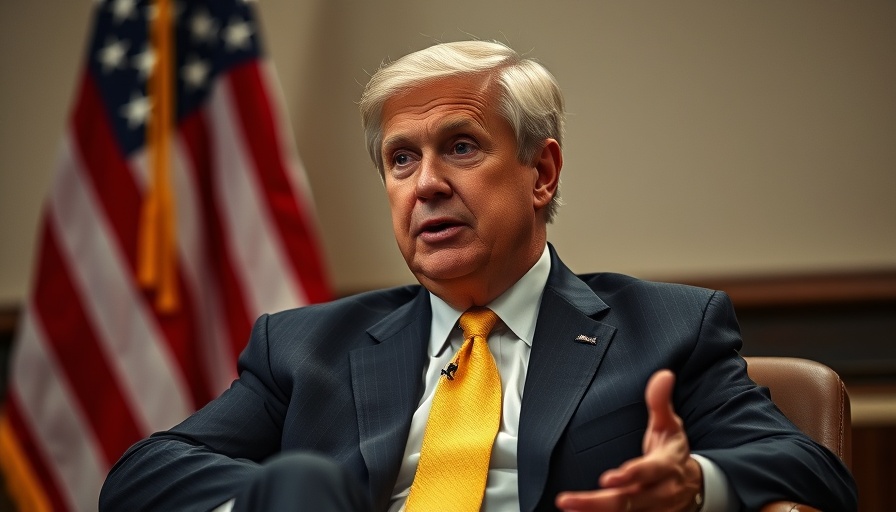
Former San Antonio Mayor Faces Ethics Board Over Unreported Gift
As the Ethics Review Board convenes to discuss serious allegations against former San Antonio mayor Ron Nirenberg, he finds himself reflecting on a misstep that could tarnish his legacy. Nirenberg, who had served for eight years, is under scrutiny for failing to report a valuable autographed jersey he received from NBA star Victor Wembanyama. This oversight, which Nirenberg's attorneys attribute to oversight, has raised questions about the ethical responsibilities of public officials.
Nirenberg's Response and Ongoing Investigations
Nirenberg, through his attorney Frank Burney, expressed regret over the unreported gift, which carries a retail value of roughly $1,500, as reported in a complaint filed by local activist Kelly Walls. While Nirenberg has taken steps to correct his financial disclosures, the implications of the oversight remain significant, especially as it relates to public trust. "The mayor’s intent was never to conceal this from the public," Burney asserted, as he seeks to have the complaints dismissed.
Allegations of Improper Campaign Conduct
Another major point of concern for the Ethics Review Board is the accusation that Nirenberg used city resources for his campaign promotion. The complaint highlights that he allegedly posted official city photos on his campaign's Facebook page. In his defense, Nirenberg claimed he sought guidance regarding social media usage and believed he was acting within legal frameworks. This situation reflects a broader issue within local governance, where the line between campaign and official duties can often blur.
Comparative Cases: A Telling Snapshot of San Antonio Politics
Similar allegations have surfaced against other city officials, showcasing a pattern of ethical scrutiny among San Antonio's leadership. Councilman Marc Whyte was recently sanctioned for parallel actions, prompting discussions about accountability among city leaders. Nirenberg's case, juxtaposed with Whyte’s, indicates an ongoing challenge for governance in adherence to ethical expectations within municipal positions. The reactions to these cases illuminate the challenges that officials face in maintaining separations between their roles and political ambitions.
The Broader Implications for Future Candidates
As Nirenberg contemplates his future in politics, possibly eyeing higher office, the fallout from this ethics complaint could shape the landscape for San Antonio's political scene. The establishment of a new PAC, Texans for Nirenberg, strengthens his ambitions while also placing him under further scrutiny. Such dynamics underscore the importance candidates place on maintaining ethical transparency, not only for their electoral prospects but also for the integrity of the offices they aspire to hold.
Future of Ethics in Local Governance
With Nirenberg opting to waive his right to a hearing, the Ethics Review Board’s decision could serve as a precedent for future governance in San Antonio. The discussions surrounding these complaints reflect broader societal conversations regarding the expectations placed on elected officials. Therefore, as residents of San Antonio look towards their future leaders, the significance of ethical governance will undoubtedly remain at the forefront of public discourse.
In conclusion, Nirenberg's experience illustrates the critical importance of transparency and adherence to ethical standards among public officials. As the citizens watch the proceedings unfold, they remain vigilant about the behaviors of their elected leaders and the standards they are held to.
 Add Row
Add Row  Add
Add 




Write A Comment